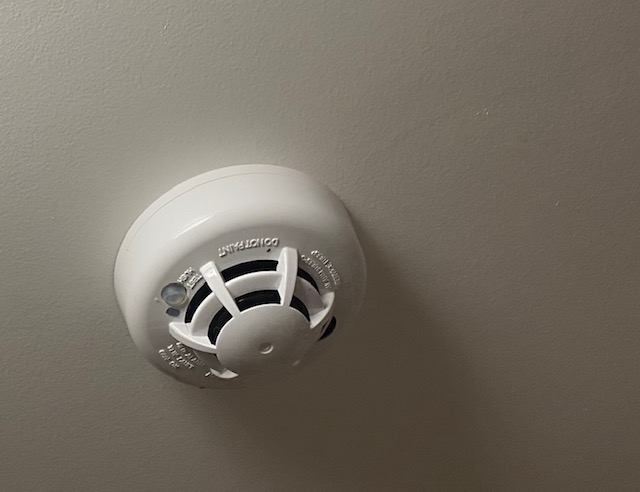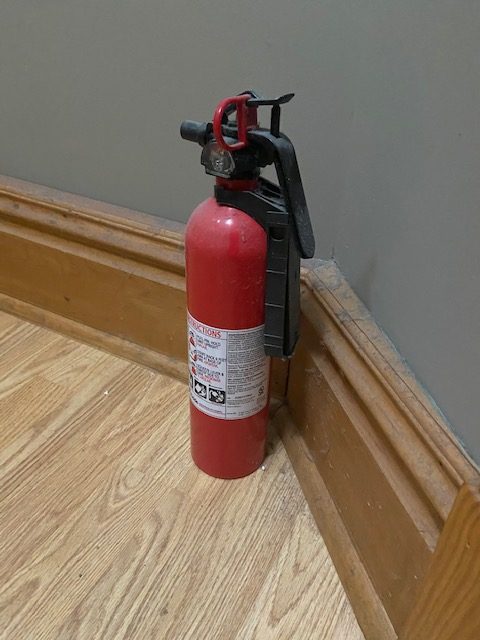Election Hacking by Russians 2020
Warning: Reading Franklin Foer's excellent highly detailed article in The Atlantic might ruin your day: "Putin is Well on his Way to Stealing the Next Election." One can only hope that the U.S. response to the upcoming attempts to hack with our elections are more competent than the U.S. response to COVID-19. Here are a couple excerpts:
Less than six months before Election Day, the government will attempt to identify democracy’s most glaring weakness by deploying college kids on their summer break.. . . .Podesta fell victim to a generic spear-phishing attack: a spoofed security warning urging him to change his Gmail password. Many of us might like to think we’re sophisticated enough to avoid such a trap, but the Russians have grown adept at tailoring bespoke messages that could ensnare even the most vigilant target. Emails arrive from a phony address that looks as if it belongs to a friend or colleague, but has one letter omitted. One investigator told me that he’s noticed that Russians use details gleaned from Facebook to script tantalizing messages. If a campaign consultant has told his circle of friends about an upcoming bass-fishing trip, the GRU will package its malware in an email offering discounts on bass-fishing gear.
Wikipedia offers much more information and many links for those who would like to review the Russian tactics used in 2016. The Russian government denies official involvement in these activities:
The Internet Research Agency (IRA), based in Saint Petersburg and described as a troll farm, created thousands of social media accounts that purported to be Americans supporting radical political groups, and planned or promoted events in support of Trump and against Clinton; they reached millions of social media users between 2013 and 2017. Fabricated articles and disinformation were spread from Russian government-controlled media, and promoted on social media. Additionally, computer hackers affiliated with the Russian military intelligence service (GRU) infiltrated information systems of the Democratic National Committee (DNC), the Democratic Congressional Campaign Committee (DCCC), and Clinton campaign officials, notably chairman John Podesta, and publicly released stolen files and emails through DCLeaks, Guccifer 2.0 and WikiLeaks during the election campaign. Finally, several individuals connected to Russia contacted various Trump campaign associates, offering business opportunities to the Trump Organization and damaging information on Clinton. Russian government officials have denied involvement in any of the hacks or leaks.
According to U.S. intelligence agencies, the operation was ordered directly by Putin. The Federal Bureau of Investigation (FBI) opened the Crossfire Hurricane investigation of Russian interference on July 31, 2016, including a special focus on links between Trump associates and Russian officials and suspected coordination between the Trump campaign and the Russian government. The FBI's work was taken over in May 2017 by former FBI director Robert Mueller, who led a Special Counsel investigation until March 2019.[1] Mueller concluded that Russian interference was "sweeping and systematic" and "violated U.S. criminal law", and he indicted twenty-six Russian citizens and three Russian organizations. The investigation also led to indictments and convictions of Trump campaign officials and associated Americans, for unrelated charges. The Special Counsel's report, made public on April 18, 2019, examined numerous contacts between the Trump campaign and Russian officials but concluded that there was insufficient evidence to bring any conspiracy or coordination charges against Trump or his associates.





